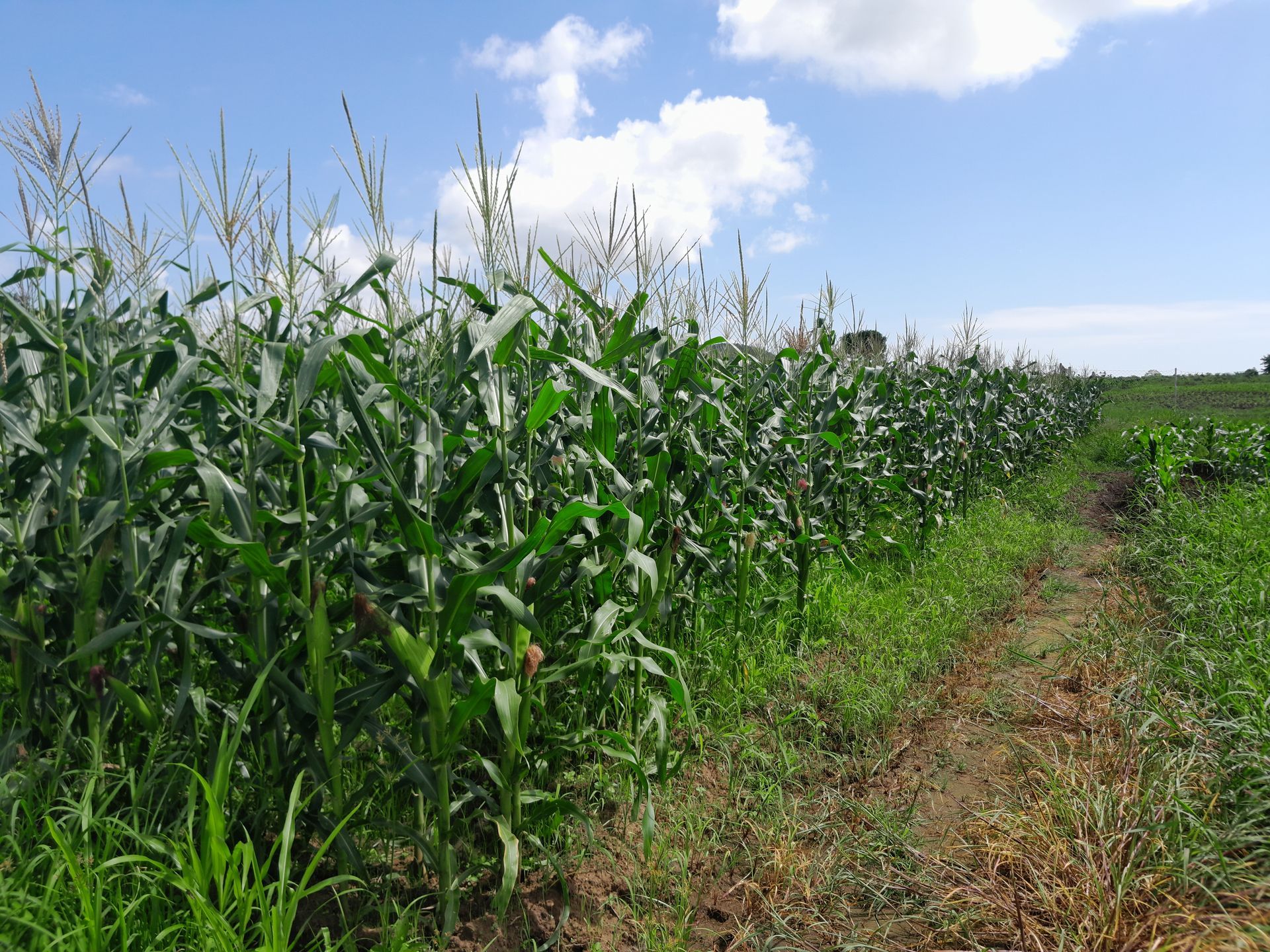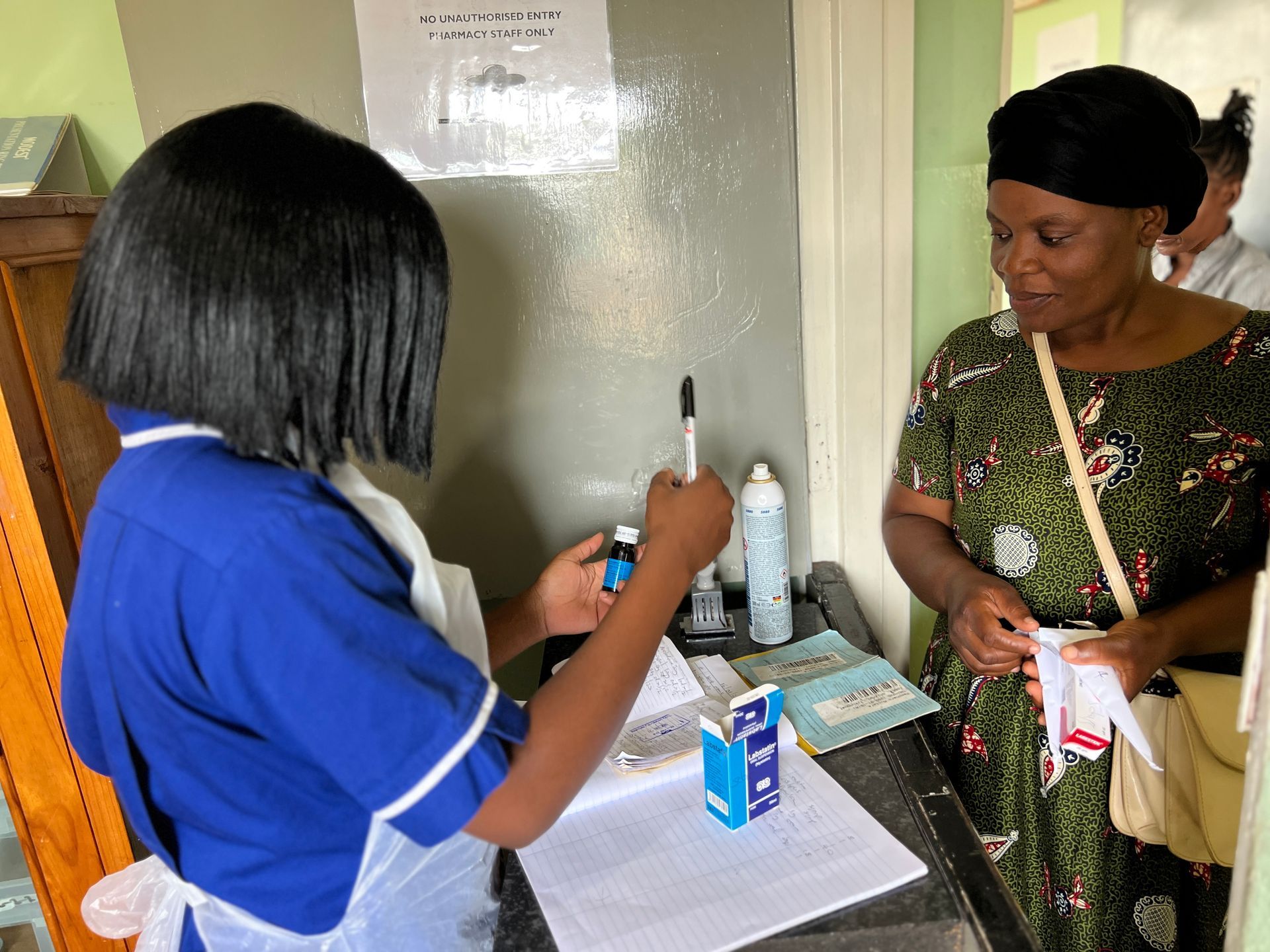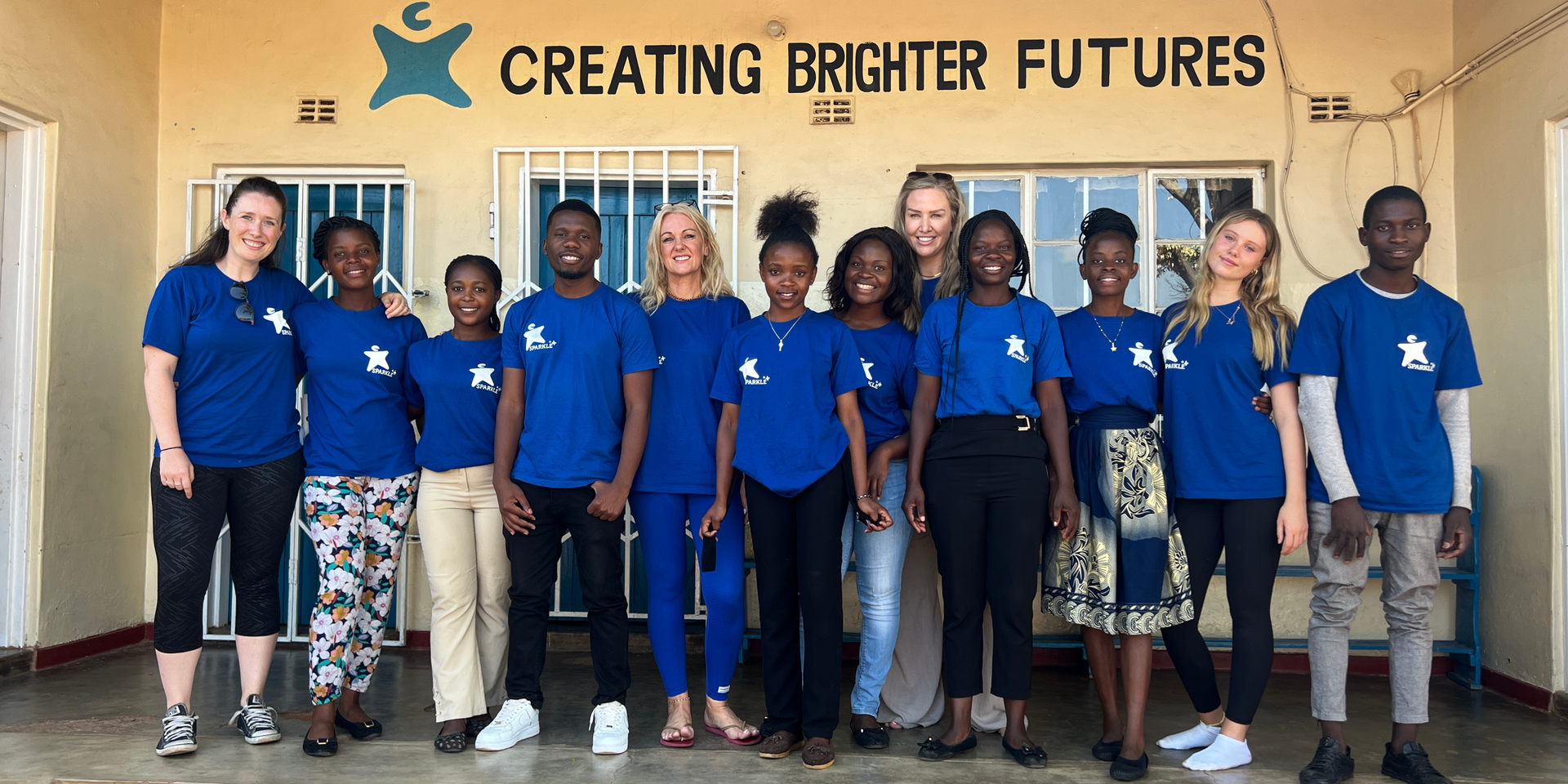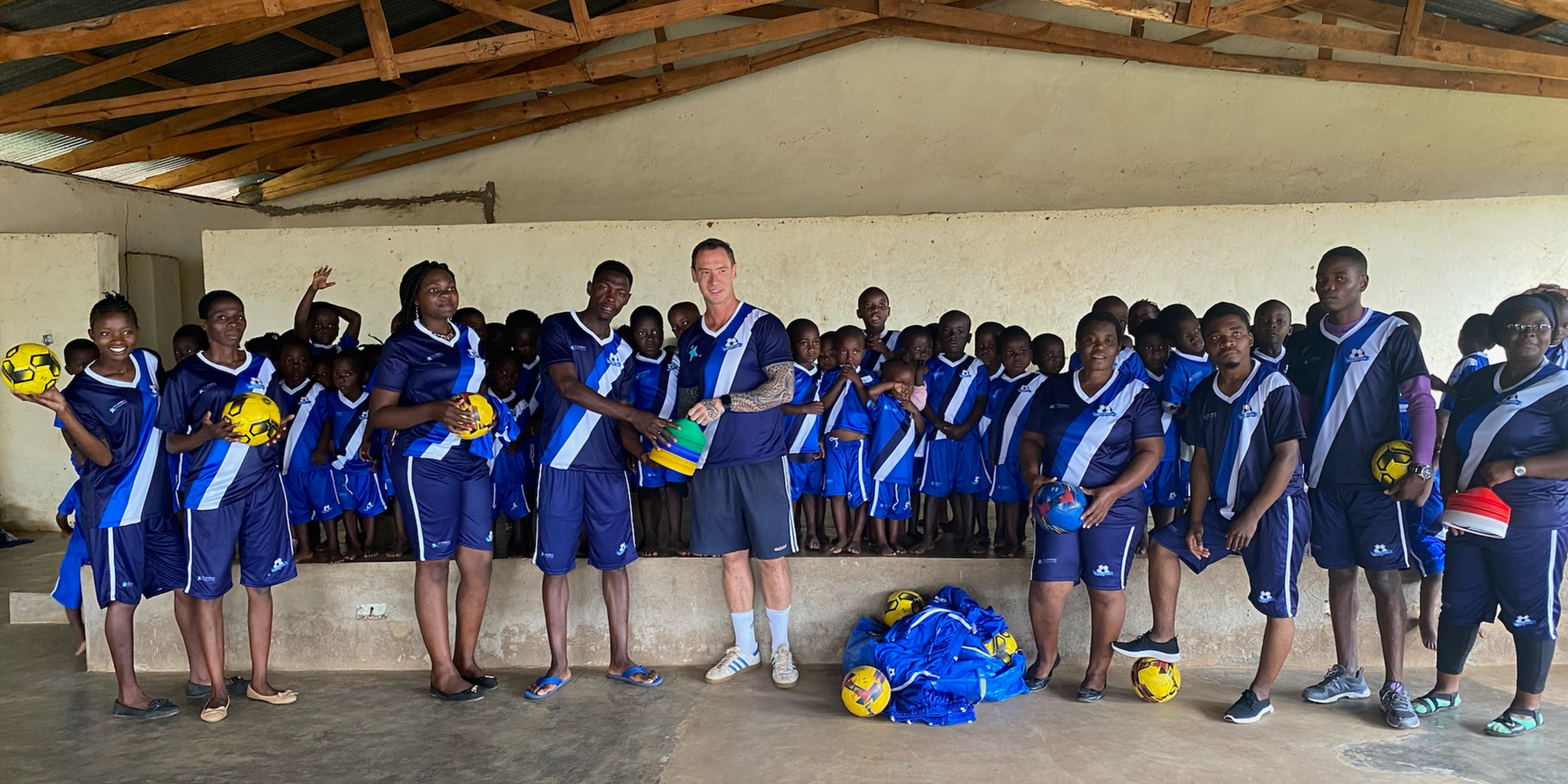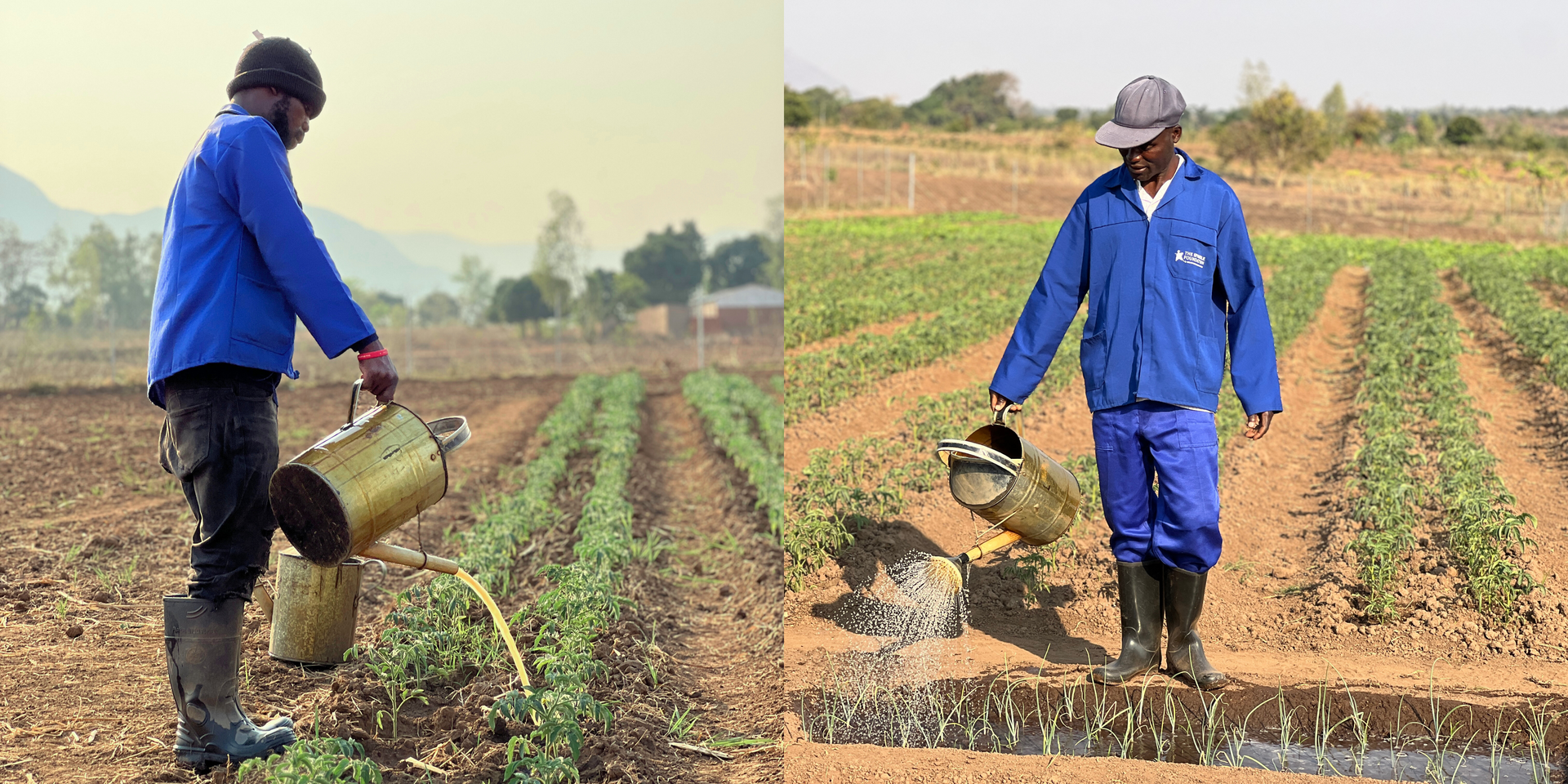Sparkle News
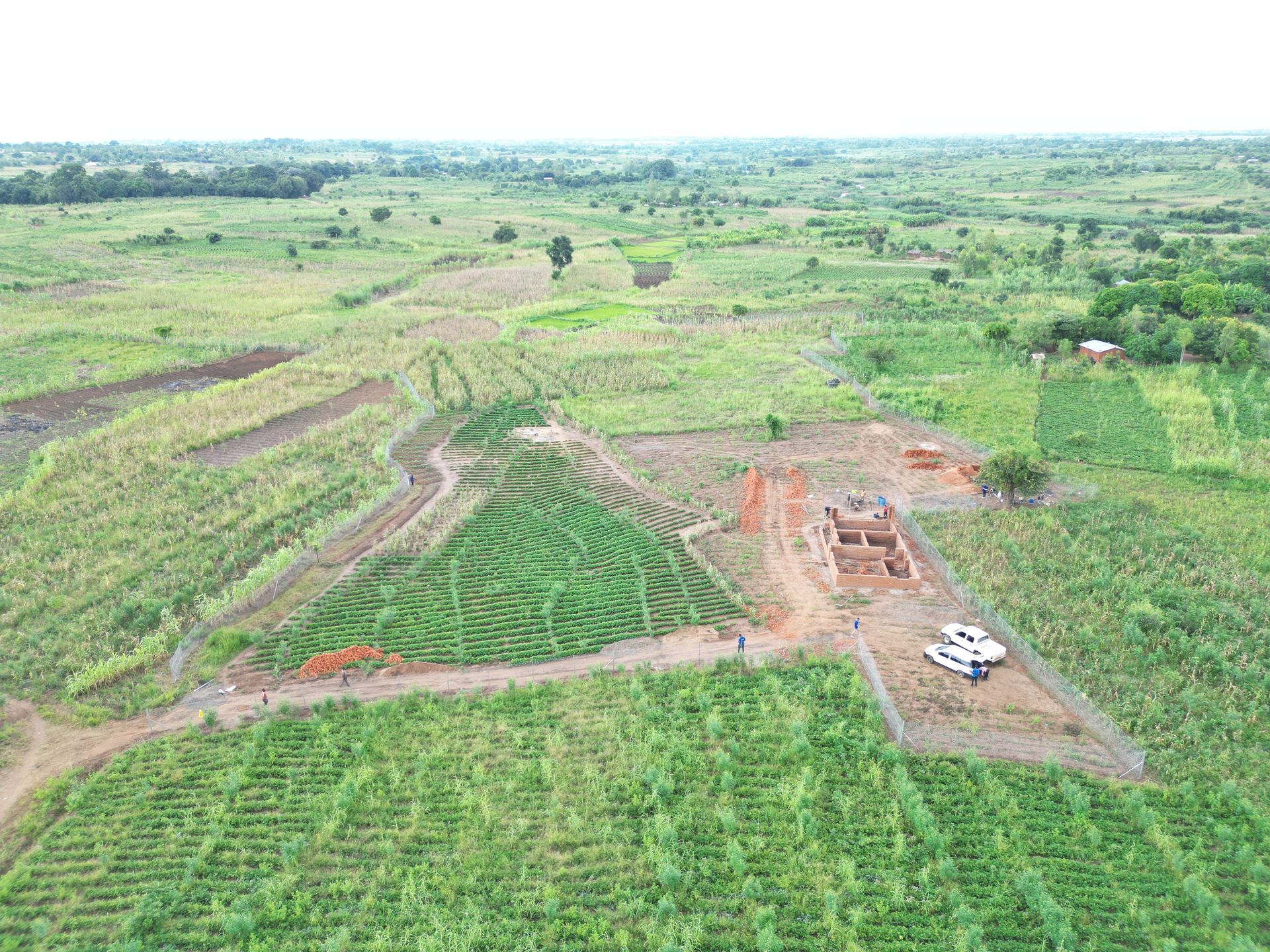
For years, Malawi has relied heavily on external aid and a single commodity, tobacco, to sustain its economy. This dependence has left the country vulnerable to the fluctuations of global markets and external shocks. Now, with USAID withdrawing its support, the urgency for economic diversification and self-sufficiency has never been greater. A Nation at a Crossroads USAID has long been a key partner in supporting Malawi’s healthcare, education, agriculture and economic development. Its departure creates a significant gap, not just in funding, but in the infrastructure and systems it helped support. The impact goes beyond numbers; it is a wake-up call. Yet, the truth is that Malawi has the potential to thrive beyond aid. We are blessed with fertile land, a young and energetic population, and a growing spirit of entrepreneurship. The challenge lies in how we harness these strengths to shape a future built on our own capabilities, not external dependency.
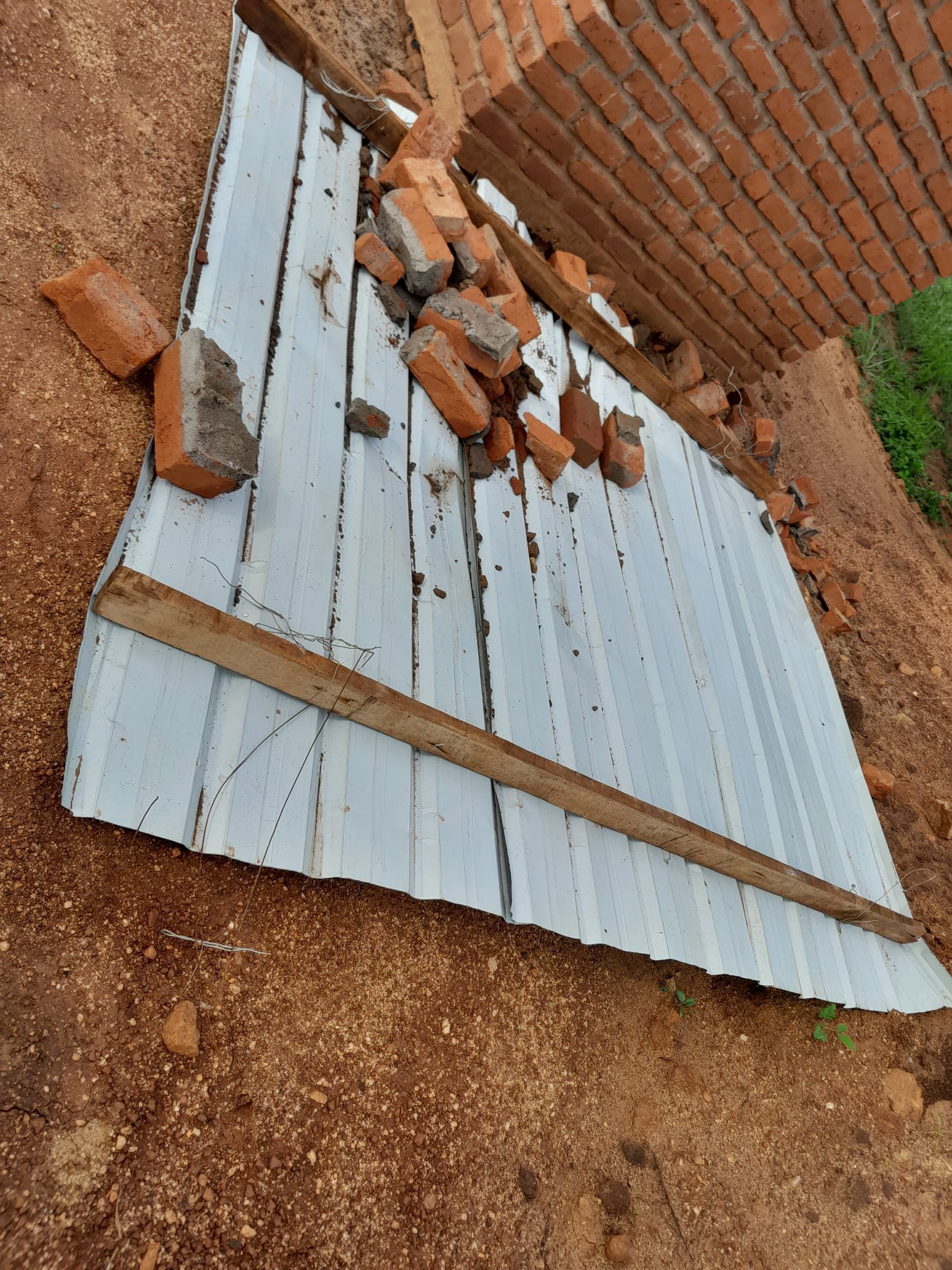
Malawi is on the frontlines of global crises. Cyclone Deirdre, though less devastating than Cyclone Freddy, ripped off the roof of Sparkle Farm’s newly built toilet - a frustrating setback as we work toward sustainable feeding programmes. Adding to the strain, delayed rains now push planting seasons from December to late January, shrinking growing periods and increasing crop failure risks. With 80% of Malawians relying on agriculture, the situation is dire. Last year’s harvests already fell short, leaving many vulnerable to hunger. Ripple Effects of Global Conflicts Global conflicts amplify these challenges. Mozambique, once a food lifeline, is now hindered by insurgencies. The war in Ukraine has created fertiliser shortages, not just price hikes. With Ukraine being a key supplier, farmers in Malawi are unable to access critical agricultural inputs, further threatening yields. As aid is diverted to other global crises, like Palestine, African nations like Malawi are left struggling with fewer resources to tackle mounting issues. Climate Change and Inequality Climate change compounds the crisis. Though Malawi contributes less than 0.1% to global emissions, it’s among the top 10 most climate-vulnerable countries. Cyclones, floods, and droughts are increasingly frequent, forcing communities into a relentless cycle of rebuilding. In rural areas, a lack of knowledge about sustainable practices leaves farmers using the same overworked land year after year, depleting soil quality and further reducing crop productivity.
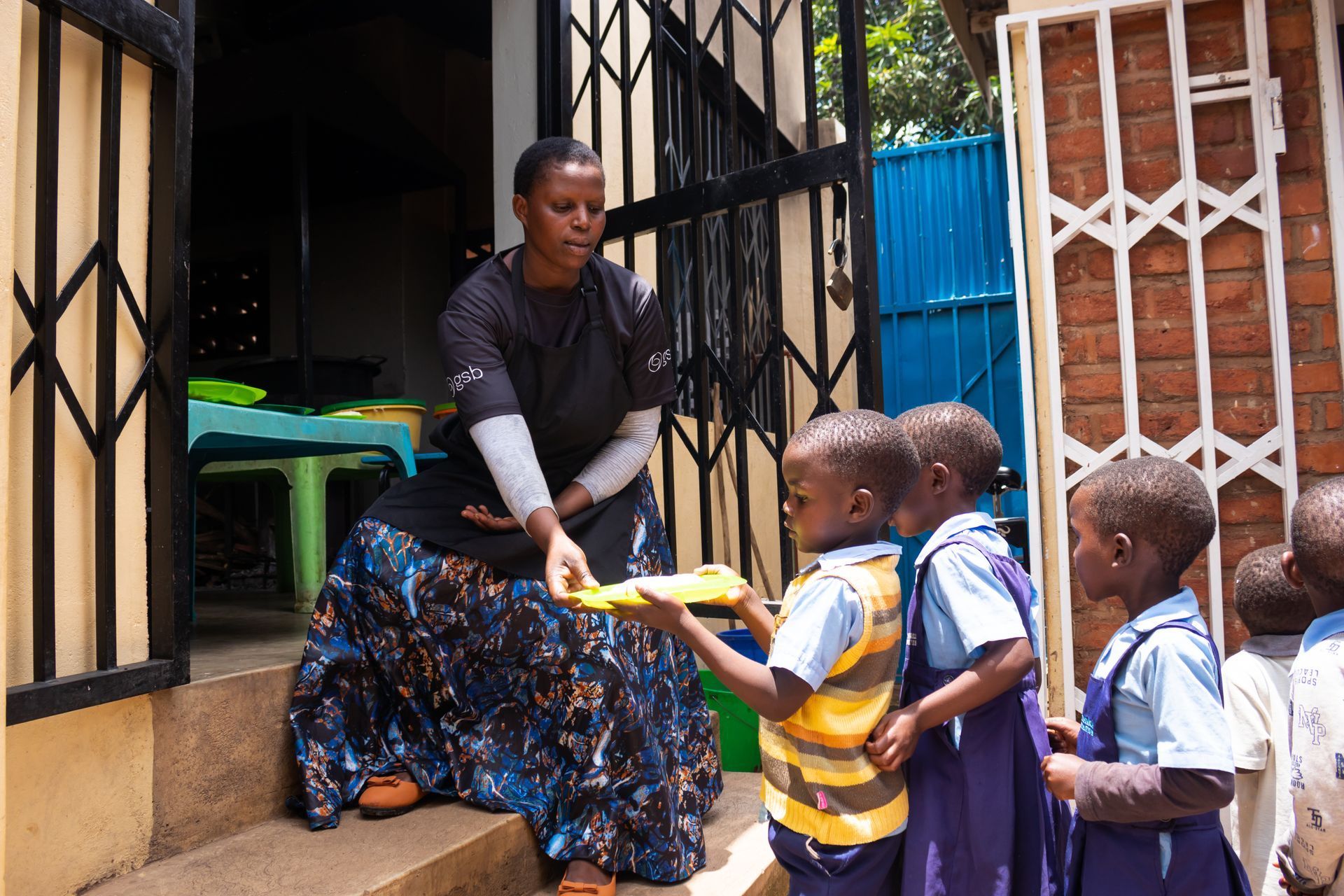
The lifespan of many charity organisations is often startlingly short—most fold within just a few years, unable to sustain their work without consistent support. At The Sparkle Foundation, we have learned an essential truth: sustainability is not only about funding or resources. It is about involving the community. When people take ownership of a program, they ensure its longevity, impact, and meaningfulness. This principle guides our nutrition program, which provides breakfast and lunch to preschool and primary school children daily. But this program is not just about the meals—it is about the people who make them possible. Parents play an essential role, contributing firewood for cooking and dedicating their time and effort to preparing meals and cleaning dishes. Their involvement turns an ordinary program into a shared mission and a testament to the strength of collective action. Shared Ownership for Shared Success Every morning, guardians arrive at our three early childhood development centres, eager to help. With their assistance, we prepare breakfast and lunch, ensuring every child receives the nourishment needed to grow, learn, and thrive. Their involvement transforms meal preparation into a lively community activity, promoting a sense of shared purpose and pride. This hands-on involvement is not only practical but also transformative. By actively engaging, guardians become partners in their children's well-being. They demonstrate to their children that education and nutrition are important priorities that require collective effort.

Malawi’s rainy season, which spans from November to April, brings lush greenery but also challenges such as waterborne diseases. One prevalent condition during this time is gastroenteritis, a digestive disorder that causes diarrhoea and vomiting. It is often linked to unclean water, seasonal fruits like mangoes, and poor hygiene practices. At Sparkle Foundation Clinic, we prioritise health and wellness, providing essential care and education to combat such illnesses. This blog will help you understand gastroenteritis, its symptoms, its causes, and how to prevent and manage it effectively. What is Gastroenteritis? Gastroenteritis, often called the "stomach flu," is an inflammation of the stomach and intestines that can cause symptoms such as diarrhoea, vomiting, nausea, and stomach cramps. It is typically caused by infections from bacteria, viruses, or parasites. Though the condition is usually self-limiting and resolves within a few days, it can be highly uncomfortable and, in severe cases, lead to dehydration. At Sparkle Foundation Clinic, gastroenteritis is one of the most common conditions we treat, especially during the rainy season. Understanding its causes and symptoms can help you manage and prevent it effectively. Causes of Gastroenteritis Gastroenteritis is commonly caused by infections or environmental factors. These include: Viral Infections: Such as rotavirus. Bacterial Infections: Including Salmonella and E. coli. Parasitic Infections: For example, Giardia. Contaminated Food and Water: A significant issue during the rainy season. Antibiotic Use: Disruption of gut bacteria can lead to antibiotic-associated diarrhoea. Common Symptoms of Gastroenteritis The severity of symptoms can vary depending on the cause and the individual’s overall health. Common symptoms include: Diarrhoea: Watery stools, potentially leading to dehydration. Vomiting: Particularly common in viral gastroenteritis. Abdominal cramps and pain: Due to inflammation of the digestive system. Fever: Mild fever often accompanies bacterial or viral infections. Nausea: A constant feeling of sickness. Dehydration: Signs include dry mouth, dizziness, and dark-coloured urine. Diagnosis of Gastroenteritis At Sparkle Foundation Clinic, gastroenteritis is typically diagnosed through: History Review: Examining diet, water consumption, and recent travel to identify potential sources of infection. Physical Exam: Checking for signs of dehydration and abdominal tenderness. Patients requiring further investigations are referred to Matawale Health Facility, where tests like stool analysis and blood tests are performed to determine the infection’s cause. Treatment and Management Although gastroenteritis often resolves on its own, managing symptoms and preventing complications is essential. At Sparkle Foundation, we recommend the following: Stay Hydrated: Drink plenty of fluids such as water and oral rehydration solutions (ORS). Avoid sugary drinks and alcohol. Rest: Allow your body to recover. Diet: Start with bland foods like crackers, toast, rice, and bananas. Gradually reintroduce normal foods as your appetite improves. Medications: Anti-vomiting or anti-diarrheal drugs may be prescribed to control symptoms. Antibiotics are only used when a bacterial infection is confirmed. Prevent Spreading the Infection: Wash hands frequently, avoid sharing food, and maintain good hygiene practices. Prevention Tips While it may not always be possible to avoid gastroenteritis, these measures can significantly reduce your risk: Hand Hygiene: Wash hands thoroughly with soap and water, especially after using the bathroom or handling food. Food Safety: Cook food to the appropriate temperature and avoid raw or undercooked meats. Vaccination: Rotavirus vaccines for children are available and highly effective. Vaccination checks are part of Sparkle Clinic’s enrolment assessments. Safe Drinking Water: Avoid unclean water. When to Seek Medical Attention While gastroenteritis often improves within a few days, you should seek medical attention if: Severe Dehydration: Symptoms include a dry mouth, excessive thirst, and dizziness. Persistent Symptoms: Diarrhoea or vomiting lasting more than two days. High Fever or Bloody Stools: Accompanied by severe abdominal pain. Conclusion At Sparkle Foundation Clinic, we are committed to providing effective treatments and empowering our community with knowledge. Gastroenteritis, though uncomfortable, is manageable with the right care and preventive measures. If you suspect you have gastroenteritis or have any concerns, visit Sparkle Clinic or your nearest health facility for advice and treatment. Remember: Prevention is key! By practising good hygiene, ensuring food safety, and staying hydrated, you can protect yourself and your family from gastroenteritis.
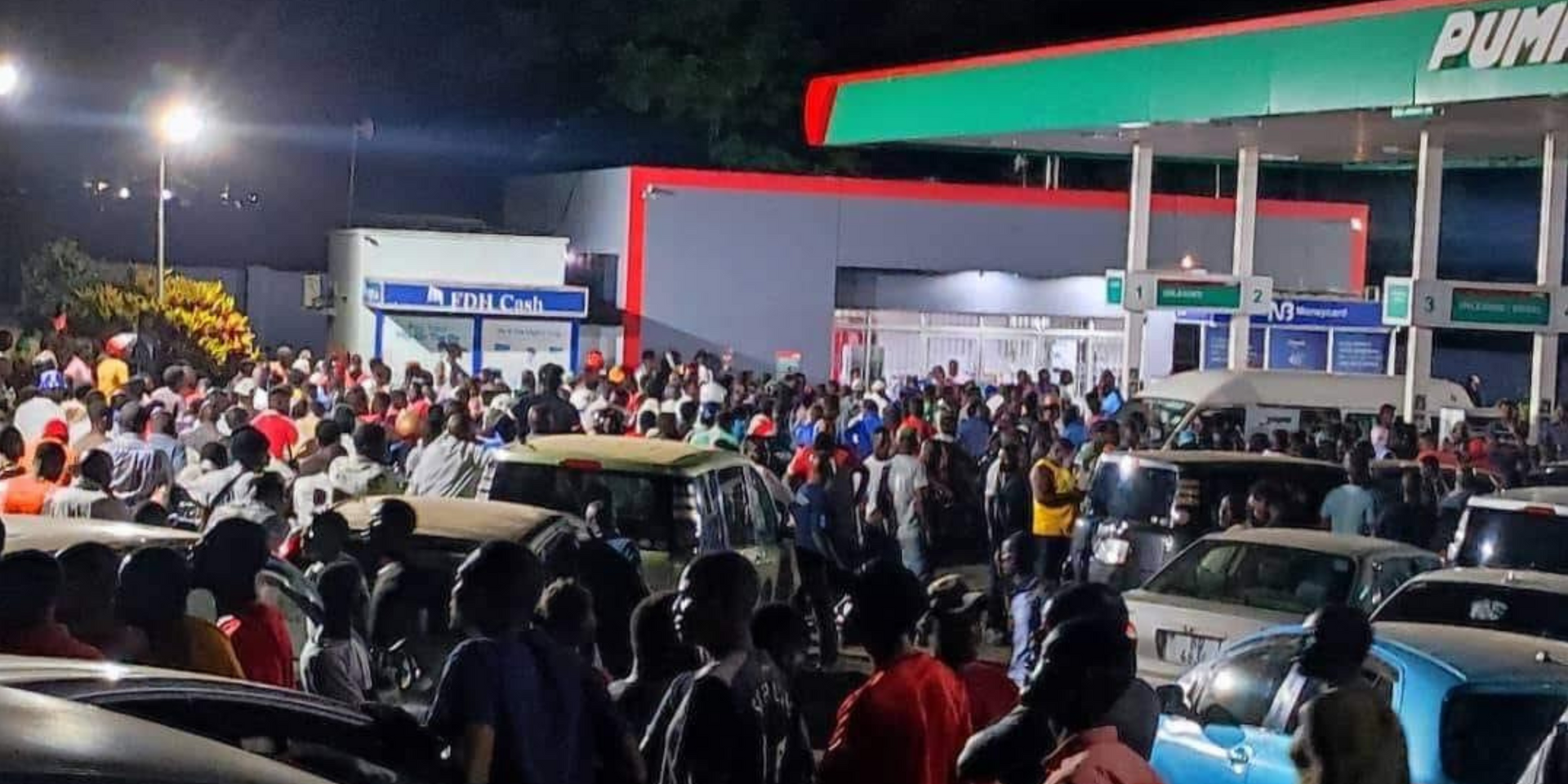
The Republic of Malawi is currently grappling with a severe fuel crisis that has stretched into its third week, affecting all aspects of daily life and critical services. With petroleum retailers operating at only 30% of their normal capacity, many fuel stations across both urban and rural areas find themselves scarcely functional, receiving fuel deliveries as infrequently as once per week. The shortage has strained transportation, limited essential services, and created new challenges for organizations working to support communities in need. Understanding the Crisis The roots of this crisis are multifaceted. A significant contributor is the country's shortage of foreign exchange, which is crucial for purchasing fuel on the international market. Without enough foreign currency, Malawi has struggled to maintain a steady supply of petroleum products. This limitation has been further compounded by a surge in illegal fuel vending. The Malawi Energy Regulatory Authority (MERA) has identified the black market as a major disruptor in the legal fuel distribution network. Fuel intended for regulated service stations is being diverted and sold illegally at inflated prices, driving up scarcity at legitimate retail points and pushing more consumers toward unregulated sources. Impact on Communities and the Work of NGOs The ripple effects of this crisis are profound, particularly for charitable organizations and the communities they serve. Transportation has become both more expensive and less reliable, with some areas effectively cut off due to the lack of accessible fuel. This situation poses a challenge for NGOs like The Sparkle Foundation, which relies on consistent access to fuel for transportation and logistical support to deliver vital services, food, and resources to communities in need. For families already facing economic hardships, the added pressure of inflated fuel costs and limited access to transportation compounds daily struggles, making essential commodities and healthcare harder to reach. Navigating the Challenges As the crisis continues, The Sparkle Foundation is working to adapt to these challenging circumstances to continue providing for vulnerable communities. Strategies such as optimizing transport schedules, consolidating resource distribution trips, and sourcing fuel from reliable and legal suppliers are being employed to ensure that critical services are maintained. These adaptations, while effective in the short term, underscore the importance of finding sustainable solutions that support the resilience of our communities in the face of future disruptions. The Path Forward Addressing the fuel crisis in Malawi requires a multifaceted approach. The government and regulatory authorities must work to stabilize the legal fuel supply chain and crack down on illegal vending activities that undermine availability. Equally important is the need to strengthen Malawi’s foreign exchange reserves to safeguard against similar shortages in the future. For The Sparkle Foundation, this crisis reinforces the importance of flexibility, resilience, and community support in our mission. As we continue to navigate these challenges, we remain committed to working closely with local communities, adapting our strategies as needed, and advocating for long-term solutions that benefit all Malawians. Together, we can overcome the obstacles posed by this crisis and ensure that essential services reach those who need them most. For those who wish to support our efforts during this difficult time, contributions of resources or funding can make a significant difference. With your help, we can continue to uplift and empower communities across Malawi, even in the face of unforeseen challenges.


